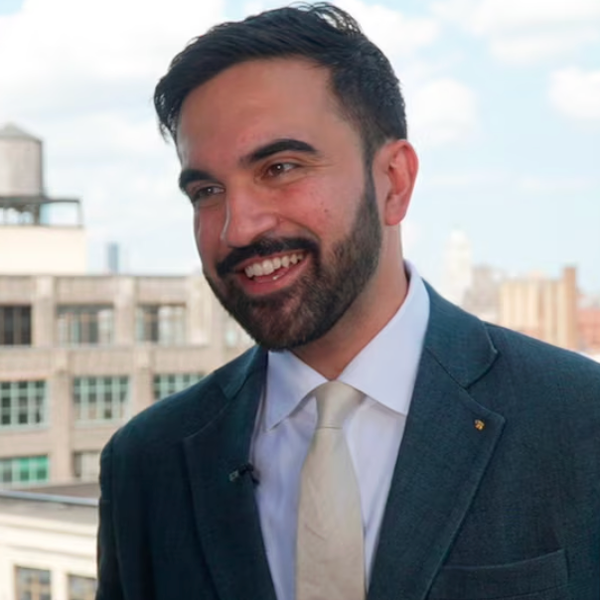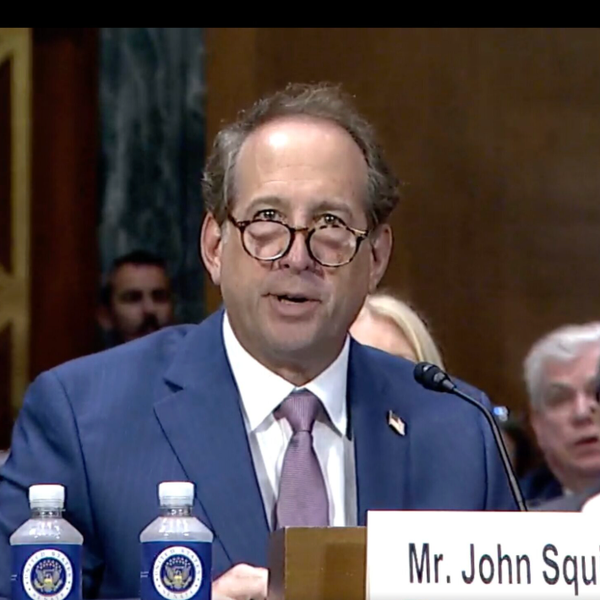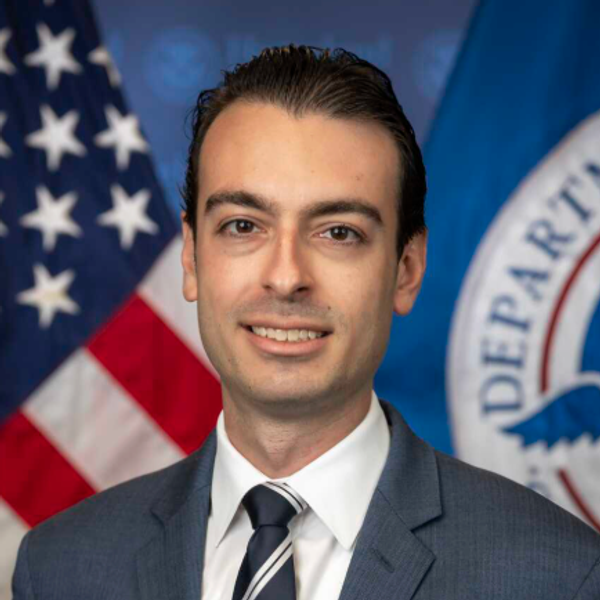
By Bozorgmehr Sharafedin and Sam Wilkin
DUBAI (Reuters) – Iran will remain closed to U.S. influence and continue to oppose U.S. policies in the Middle East after its nuclear deal with big powers, Supreme Leader Ayatollah Ali Khamenei said on Monday, noting either country can still block the accord.
The 76-year-old cleric, Iran’s highest authority, has refrained from making decisive statements on the July 14 nuclear agreement, but gave President Hassan Rouhani crucial political cover to pursue talks with the six powers..
Tehran agreed to verifiable limits on its atomic energy program to create confidence that it will not be put to developing nuclear weapons, in exchange for lifting international sanctions crippling its oil-based economy.
“They thought this deal – and it is not clear if it will be passed in Iran or in America – will open up Iran to their influence,” Khamenei was quoted on his website as saying at a meeting with members of the Islamic Radio and Television Union.
“We blocked this path and will definitely block it in the future. We won’t allow American political, economic or cultural influence in Iran.”
Most analysts see the chance of Khamenei rejecting the deal as small so long as it passes through the U.S. Congress, where opposition Republicans aim to block it. But Khamenei has always dismissed the notion that the agreement could reconcile the Islamic Republic with the United States, its arch-adversary since the 1979 Islamic Revolution.
“Khamenei wants to keep the deal with the U.S. purely nuclear. He is worried about economic, political and cultural intrusion after the deal,” said Hossein Rassam, former Iran adviser to Britain’s Foreign Office.
“He fears integration into the international economy could make the Islamic Republic vulnerable and potentially lead to its collapse.”
If the deal is fully implemented, Iran’s market of nearly 80 million people would be opened up to foreign investment — after protracted isolation.
But unlike European competitors, U.S. firms will struggle to gain any toehold in Iran due to fear among Iranian officials of being seen to be coming under any American influence, and because U.S. economic sanctions not related to the nuclear program will remain in place.
“It will be a long time, regardless of whether the deal goes through, before U.S. businesses will fully operate in Iran,” said Sarah Dayan, an analyst at consultancy The Risk Advisory Group in London.
Even if the nuclear issue is successfully resolved, Iran and the United States are likely to remain locked in a struggle for influence in the Middle East. They support opposite sides in Syria’s civil war and the Saudi-led intervention in Yemen.
“The Americans want to gain influence in the region and reach their goals. We will not let them,” said Khamenei, who has previously said U.S. regional policies are “180 degrees” opposed to those of the Islamic Republic.
(Reporting by Bozorgmehr Sharafedin; Writing by Sam Wilkin; Editing by Mark Heinrich)
Photo: Iran’s Supreme Leader Ayatollah Ali Khamenei departs after casting his ballot in the parliamentary election in Tehran March 2, 2012. REUTERS/Caren Firouz








